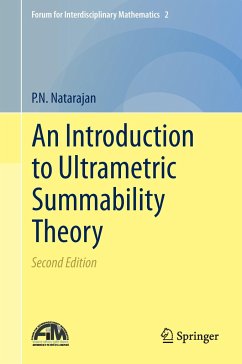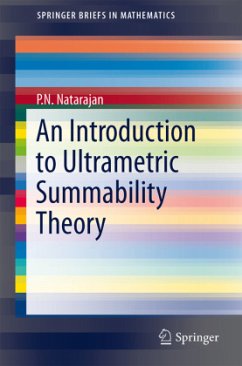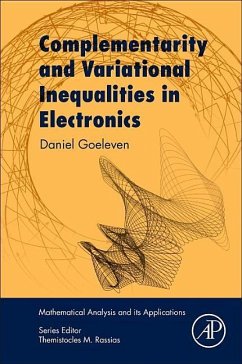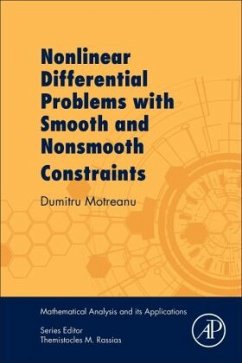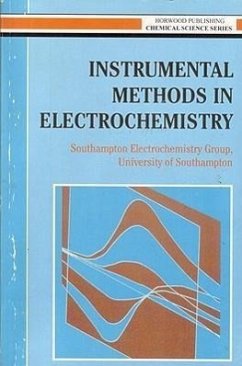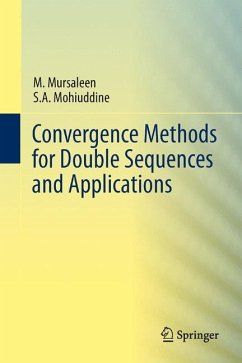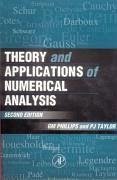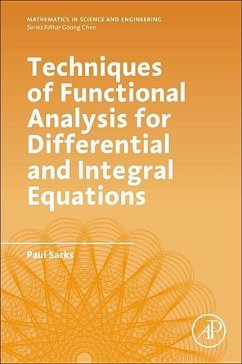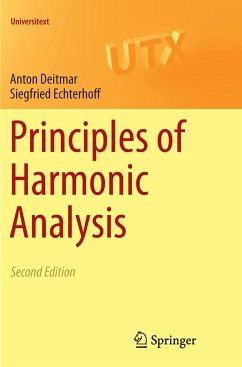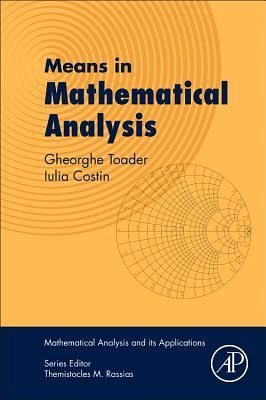
Means in Mathematical Analysis
Bivariate Means

PAYBACK Punkte
49 °P sammeln!
Means in Mathematical Analysis addresses developments in global analysis, non-linear analysis, and the many problems of associated fields, including dynamical systems, ergodic theory, combinatorics, differential equations, approximation theory, analytic inequalities, functional equations and probability theory. The series comprises highly specialized research monographs written by eminent scientists, handbooks and selected multi-contributor reference works (edited volumes), bringing together an extensive body of information. It deals with the fundamental interplay of nonlinear analysis with ot...
Means in Mathematical Analysis addresses developments in global analysis, non-linear analysis, and the many problems of associated fields, including dynamical systems, ergodic theory, combinatorics, differential equations, approximation theory, analytic inequalities, functional equations and probability theory. The series comprises highly specialized research monographs written by eminent scientists, handbooks and selected multi-contributor reference works (edited volumes), bringing together an extensive body of information. It deals with the fundamental interplay of nonlinear analysis with other headline domains, particularly geometry and analytic number theory, within the mathematical sciences.




